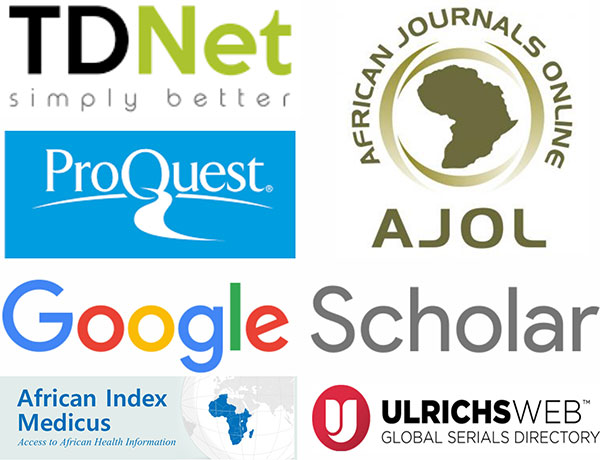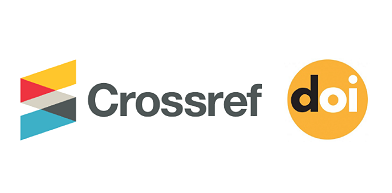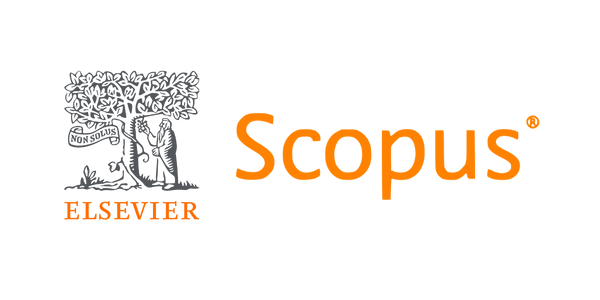Nutritional knowledge and behaviours among adolescents in Calabar: Towards prevention of diet-related noncommunicable diseases
DOI:
https://doi.org/10.61386/imj.v18i3.697Keywords:
NCDs, Nutrition, Awareness, Adolescents, PreventionAbstract
Background: Non-communicable diseases (NCDs) such as cardiovascular diseases, diabetes, cancer, and obesity are major global health concerns currently. Adolescents are also increasingly exposed to NCD risk factors due to poor dietary habits and lifestyle choices that they are exposed to during this formative period. These unhealthy dietary and lifestyle habits include low fruit and vegetable consumption, frequent intake of sugary, highly processed foods and physical inactivity.
Objectives: This study assessed the level of nutrition awareness and dietary practices related to NCDs among secondary school students in public and private schools in Calabar Municipality, Cross River State, Nigeria. Method: A descriptive cross-sectional design was adopted. A multi-stage sampling technique was used to select 300 students from both public and private secondary schools. A semi-structured questionnaire was used for data collection; this was analyzed using SPSS version 25. The study findings were presented using frequencies, percentages.
Results: Among the participants, 39.3% had a good understanding of the link between nutrition and NCD risks, 38% scored average, while 22.7% scored low. Only 21.3% reportedly practiced good dietary habits. Furthermore, there was no significant relationship found between nutrition awareness and dietary practices (P = 0.291) or between dietary habits and health status (P = 0.882). Students in private schools showed greater awareness of diet and non-communicable diseases than those in the public schools (P = 0.650).
Conclusion: There was low level of awareness regarding diet and NCD. Consequently, developing nutrition education programmes and strategies aimed at increasing nutrition awareness, healthy dietary choices and practices among adolescents, is highly recommended.
Downloads
Published
License
Copyright (c) 2025 Danjuma DS, Odiba EE, Fele VO, Onyenweaku EO

This work is licensed under a Creative Commons Attribution 4.0 International License.









